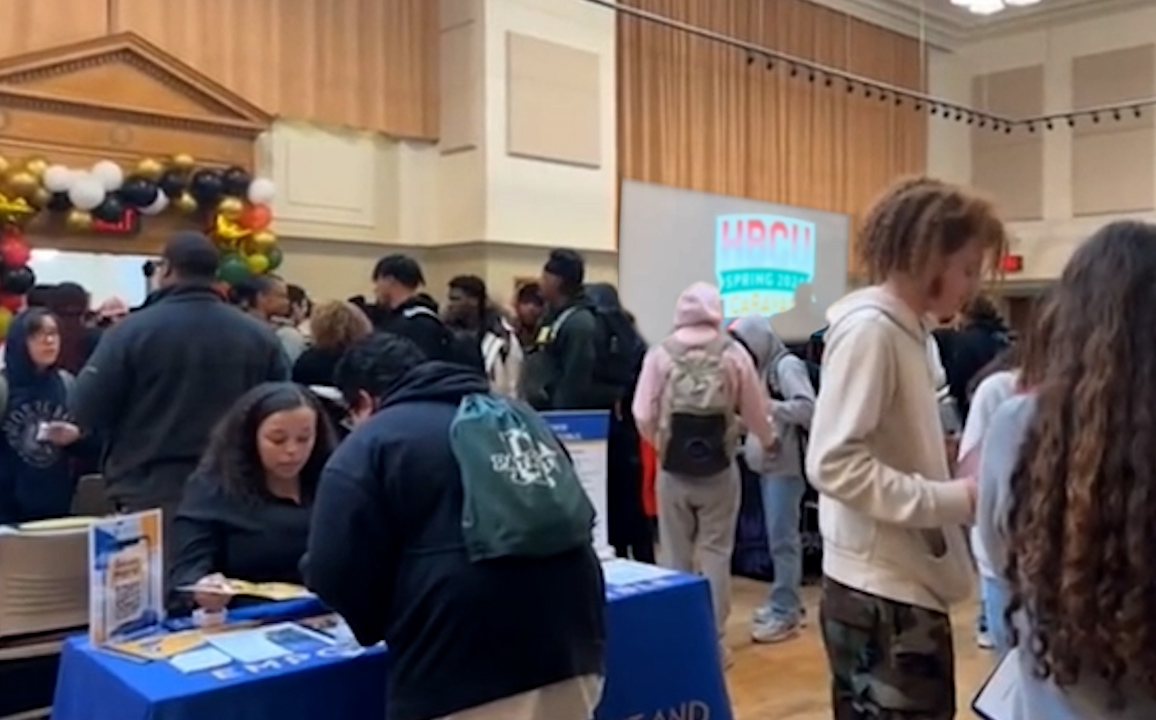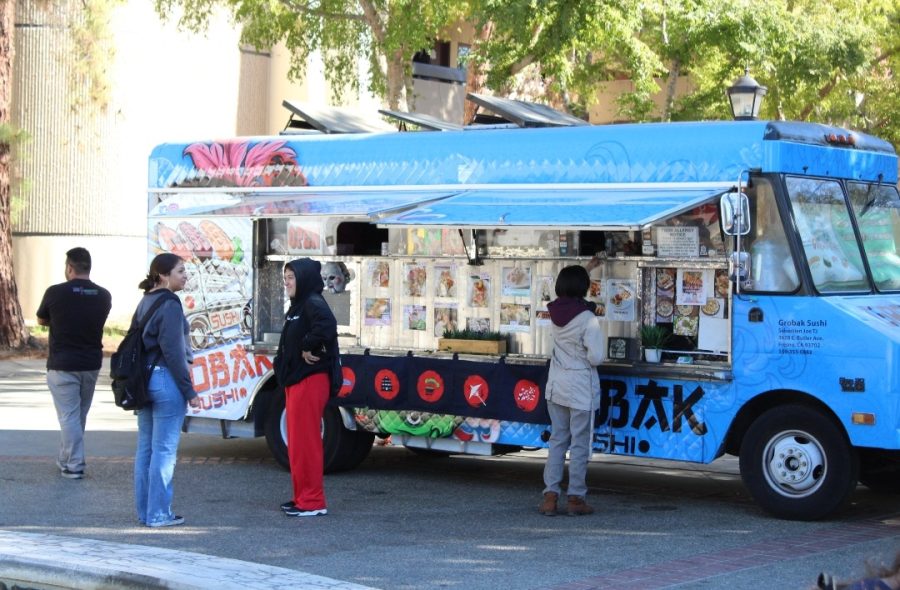The 1960’s Civil Rights movements did more than instigate massive movements of individuals protesting their civil rights and liberties. Students at universities across the nation became the predecessors of the rights that students today leisurely enjoy.
Historically, the movement began on the University of California, Berkeley campus in the 1960’s. At the time, it was the largest student-lead protest in the history of the nation and has remained so as the core movement for student’s right to free speech and academic freedom. The protest aimed at lifting a ban on on-campus political activities which were restricted to two political parties at the time. Moreover, student activities were to be conducted outside of the university’s property.
The protest, which lasted a few months ended favorably for the students. Students were then allowed to hold political functions and all other functions pertaining to on-campus groups and organizations. As a result, the student’s success in the protest became known as the Free Speech Movement which spread throughout other college campuses in the nation in an effort to alleviate the restraints placed on free speech.
Today, those same restraints on free speech are being questioned on the Fresno City College campus.
To speak or not to speak?
The question alone has caused a debacle among Fresno City College students, and more particularly with activist groups such as the Fresno Speech Collective. The on/off campus organization compiled of more than 50 members from Fresno City College and the surrounding community, gathered around Fresno City College’s main fountain area on November 8, 2007 to protest ‘freedom of speech’ and the rights associated with it.
According to the organization, many of the guidelines and procedures that a student must take in order to assemble for a cause, the Fresno City College administration’s active role has suppressed, repressed, and infringed on the rights of the students.
“The goal of this protest is to make people aware of free speech while celebrating its many manifestations through action, visual artistry and voice” stated Sarah Reuter, one of the press representatives for the Fresno Speech Collective.
“Our main goal is to get certain regulations changed on the Fresno City College campus” added Gresencia Cruz, press representative for the Fresno Speech Collective.
According to the Fresno Speech Collective, the Academic Senate has been very supportive of the initiatives it has taken to de-regulate some of the irregularities currently present in the Handbook for Student Organizations regarding free speech on the FCC campus.
Currently, the handbook contains the procedure and all relevant steps an individual or group on campus must take in order to have an organized function/event held on campus. The following excerpt is taken directly from the handbook regarding free speech:
Fresno City College is committed to supporting the community by providing activities, events, and services to support student success and involvement. However, the College has certain guidelines’ that must be followed so as not to disrupt any function of the college.
According to the Fresno Speech Collective, there are four regulations that they disagree with and feel should be amended for the benefit of all students at FCC:
The first regulation includes the practice of an approval stamp. The approval of the stamp is necessary in order to place a flier on a kiosk around campus. However, the approval stamp is not given by the College Activities Office if they feel the content of what will be posted is “deemed inappropriate”.
Secondly, leafleting is not allowed on the FCC campus. The College Activities Office has stated that leafleting causes “litter” and therefore, is unacceptable. However, the type of leafleting that is often allowed on campus has been inconsistent with this rule by letting particular groups and/or individuals pass out Bibles and not condoms on campus. “The campus has always stated that condoms promote promiscuity, but when they allow groups/individuals to pass out bibles, it appears that they prefer to preach abstinence” stated Sarah Reuter.
“Leafleting is not a crime, but littering is, and if a student litters he becomes responsible for that action” stated Sarah Reuter.
Thirdly, in order to host an event, there is a 10 day wait for an approval that must be granted with three signatures. The problem with this rule is that the time to gain approval is too long, and hence, approval is not always guaranteed thus, the rule inhibits certain groups to organize an event.
Lastly, Fresno City College has a designated area on campus where students are free to practice ‘free speech’; this area is located on the grassy area in front of Yoshino’s and the cafeteria. However, the Fresno Speech Collective feels that there should not be a “designated” place for free speech; all areas within a campus should be open to free speech. Their example rested on the main fountain area which is often rented out to businesses but closed to students who want to host independent events.
According to the Fresno Speech Collective, the four regulations they address place impediments on free speech by regulating it to content, constricting it within specific time frames, and censoring it based on the beliefs and agendas of the College Activities Office and Administration.
“Last semester during an immigration day protest, some of the poetry hosted by students were censored because of the profane language” stated Gresencia Cruz. “On another instance, a club wanted to host an open-mic night, but they were denied because the Administration stated that they had no control over what would be spoken, thus it could not be censored”
“The Killer coke campaign on campus last semester also impeded students’ right to leaflet or post on the kiosks because the Administration stated that the word “killer” in Killer Coke constituted violent language. Therefore, the approval stamp needed to post on the kiosks was never given to this student lead campaign” added Sarah Reuter.
The Fresno Speech Collective stated that their efforts to get their regulations amended has been successful- but to a certain extent. Students have the freedom of speech on the FCC campus, within reasonable limitations; however, the administrative practices contradict the right of free speech by regulating it more than time, place, manner and physical safety of students.
The Fresno Speech Collective stated that their free speech protest was made aware to the Administration via e-mail, however, they did not fill out a facility request nor pay to reserve a spot for their protest in the fountain area (as restricted to students). Their fear of being revoked for their recognition as a group on campus did make them nervous.
“The consequences for not going through the 10 day process shouldn’t cost us too much trouble. They (the Administration) threatened to shut us down or pull our recognition, but we are a collective group, not a recognized group on campus” Sarah Reuter stated.
The Academic Senate has made clear in their guidelines that:
Questions, comments, or concerns may be addressed in the College Activities Office which is located in the College Center/Student Lounge on the south side of the Cafeteria Building. The Director of College Activities will have final approval of any materials submitted for approval. Appeal of disapprovals may be filed with the Office of the Dean of Student Services.
The question remains whether a student on the Fresno City College campus has the right to speak- or not to speak? Rather, the question appears to bring another question to mind: Is regulated speech, free speech- and to what extent? Do school guidelines and policies infringe on free speech?
“We feel it is our obligat
ion as concerned students and community members to challenge and amend these policies in order to uphold, practice and protect our freedom of expression. To demonstrate our grievances, and actively represent our commitment to free speech on campus, we want to raise awareness of this important issue to our fellow students and set a tradition in confidence in our ability to practice free speech” stated Gresencia Cruz in her opening speech at the protest.
In the midst of the student activists, student passer-by’s, curious onlookers, free t-shirts reading “claim your campus,” creative artwork, mellow music and plethora of pamphlets and brochures from topics as diverse as ‘anarchy, feminism, and birth control’ one extraordinary act of bravery didn’t go unnoticed at the protest: free condoms were handed out.
The freedom of speech is a guarantee of the First Amendment of the U.S. Constitution. It protects what is said, what is written, your ability to meet freely with other people in groups, clubs, organizations, rallies and demonstrations and is applicable to every citizen in the threshold of the United States.
Although the right to free speech appears to be regulated on the FCC campus, it is important to note, that “sometimes exercising your free speech rights involves risk” (American Civil Liberties Union of Northern California Guide) and open to a broader scope of interpretation within the scope of a college campus.
“People should act within the common courtesy of others. Free speech cannot advance if people can’t regulate themselves and act within the courtesy of others” concluded Sarah Reuter.



